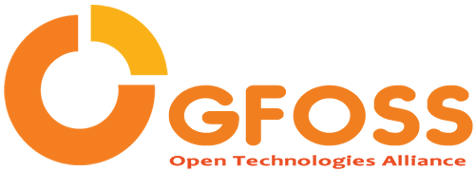
Government decisions about how public money is raised, allocated and spent are moral choices – reflecting a nation’s values and priorities. A nation’s budget determines what services are available and to whom – including schools for children, medicine for the sick and support for the unemployed.
To assure that public budgets, and the use of public money, are fair and equitable, core documents must be open for public examination, public participation must be encouraged, and audit institutions and legislatures must provide effective oversight.
Open budgets help governments establish a more secure mandate by creating new avenues to connect to citizens and build trust.
We, the undersigned, believe all people should have access to detailed information about their governments’ budgets, with meaningful opportunities for input and engagement–including people living in poverty and other marginalized communities.
Thus, over the next five years, we call on all national governments to:
- Publish information on how public resources are generated, allocated and spent – in a timely manner that is accessible to all, as specified in the Open Budget Survey.
- Create opportunities for all people, particularly those from marginalized communities, to provide input into the budget process.
- Strengthen monitoring and oversight of budget execution through independent institutions.
- Sustain improvements achieved on open budgeting, protecting them from political shifts.
We recognize that all stakeholders have an important role to play in advancing this shared agenda and commit to the engagement needed.
Join us and our national and international partners to make this vision a reality. To be part of this movement, please contact Claire Schouten at cschouten@internationalbudget.org.
For more information, read the Open Budget Survey 2019 global report.
—
Source of this article: https://www.internationalbudget.org


